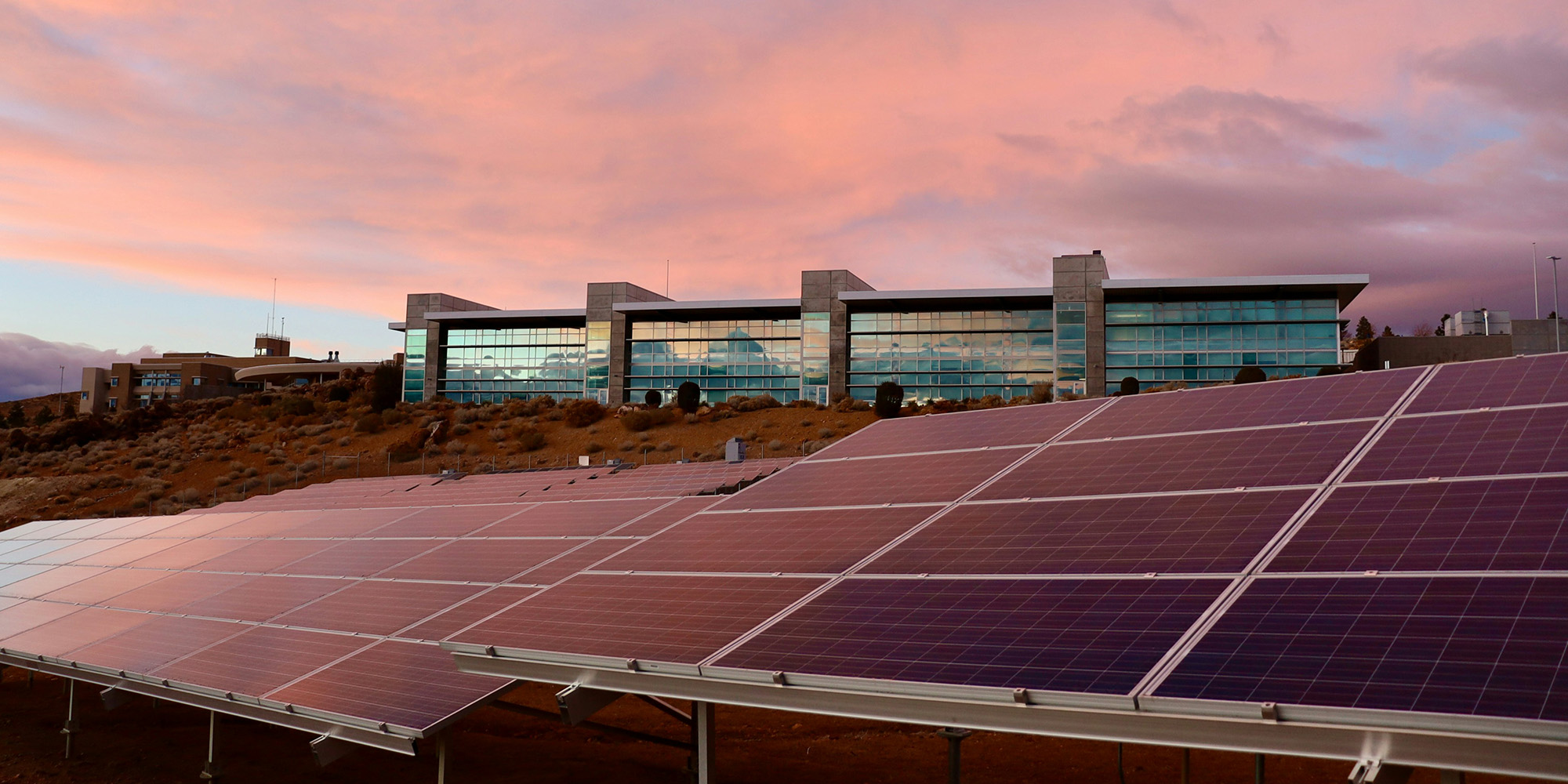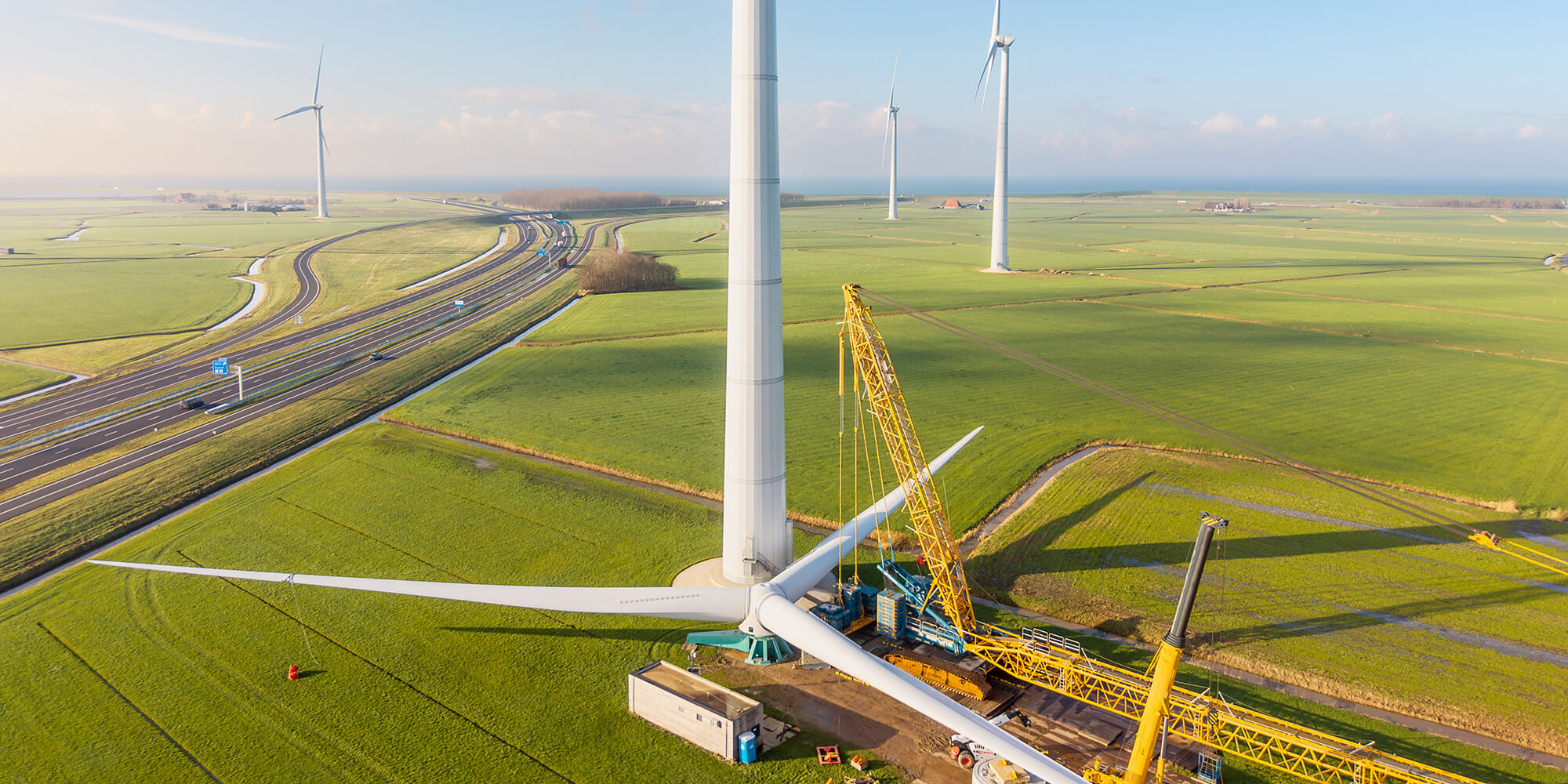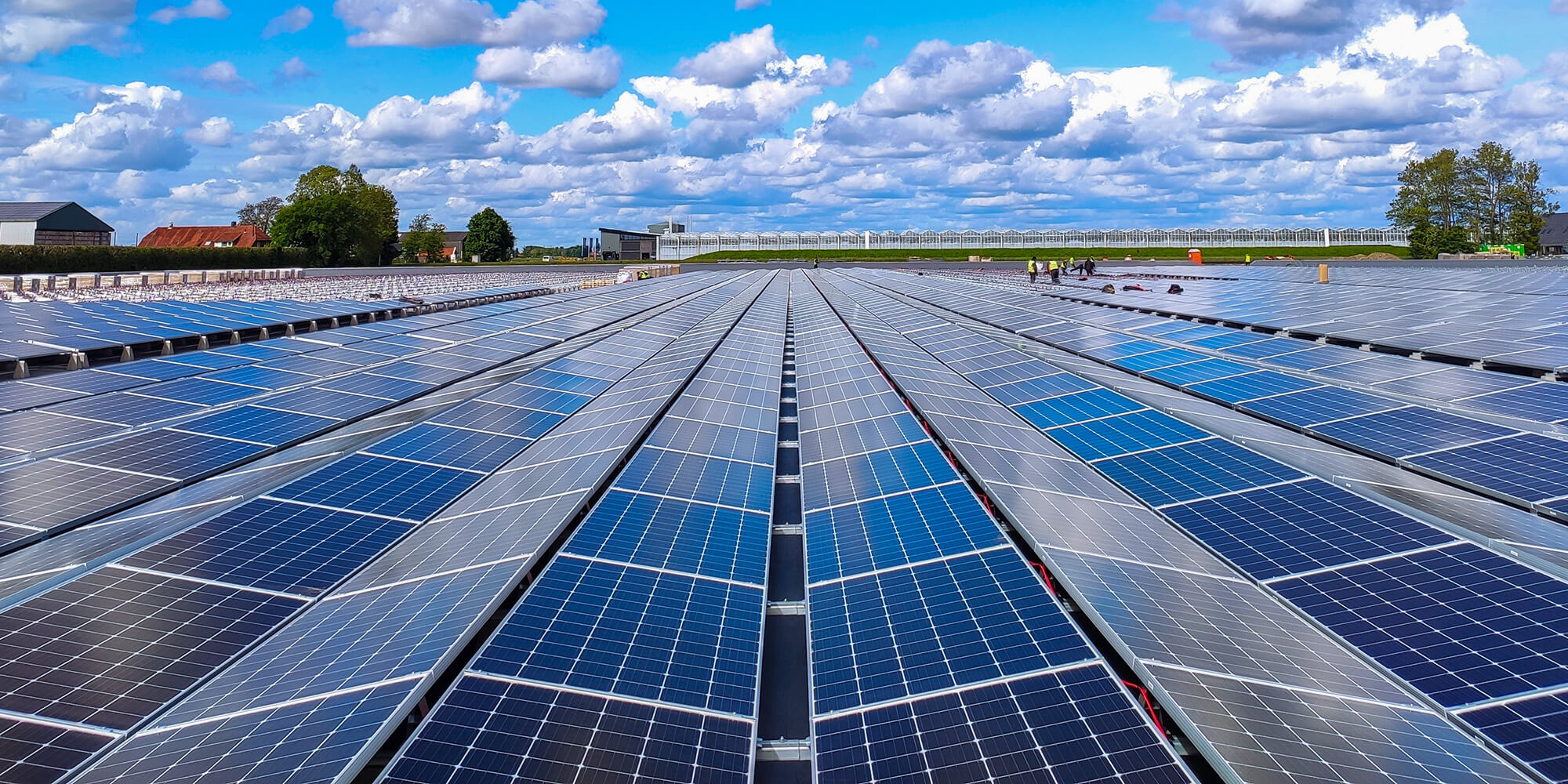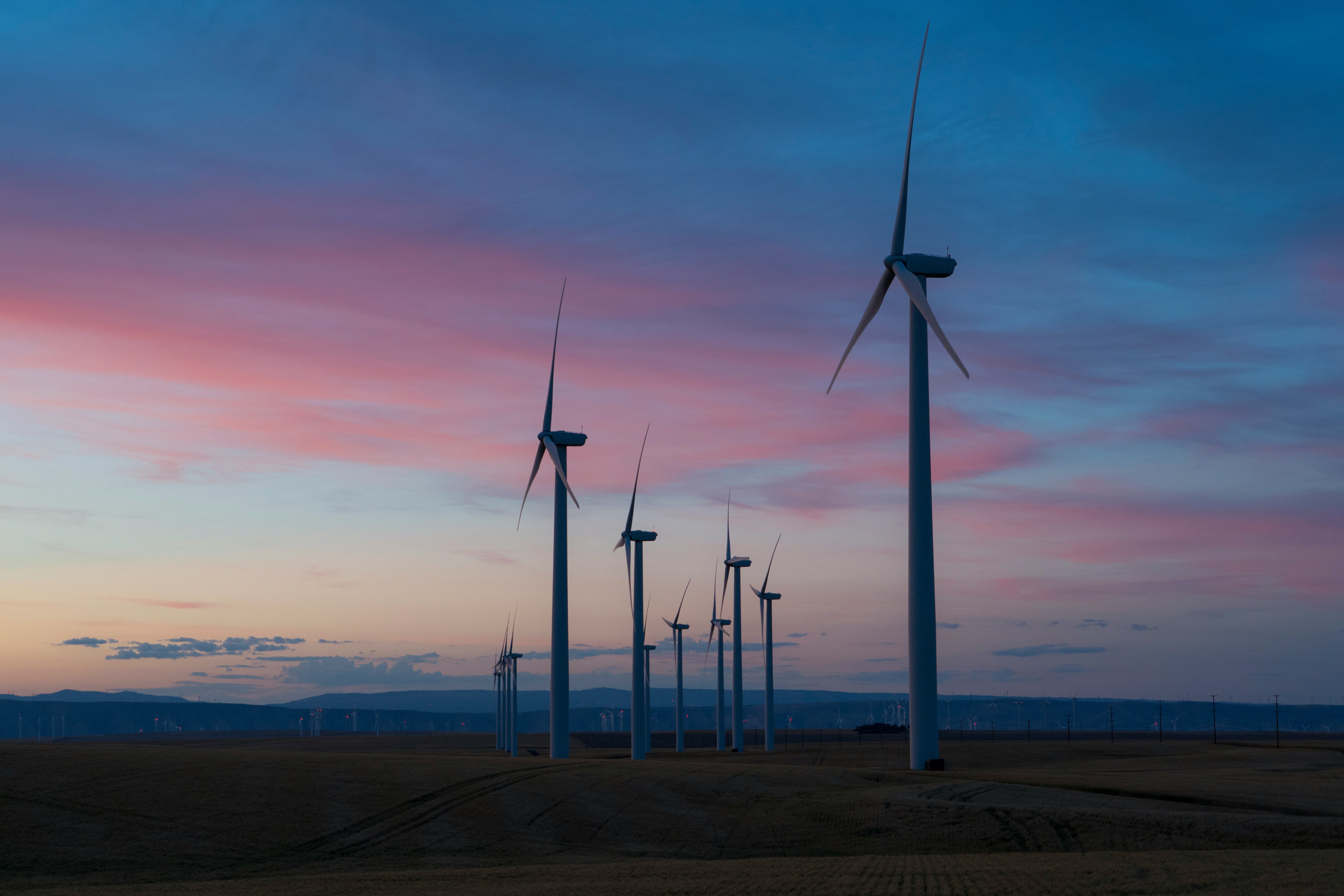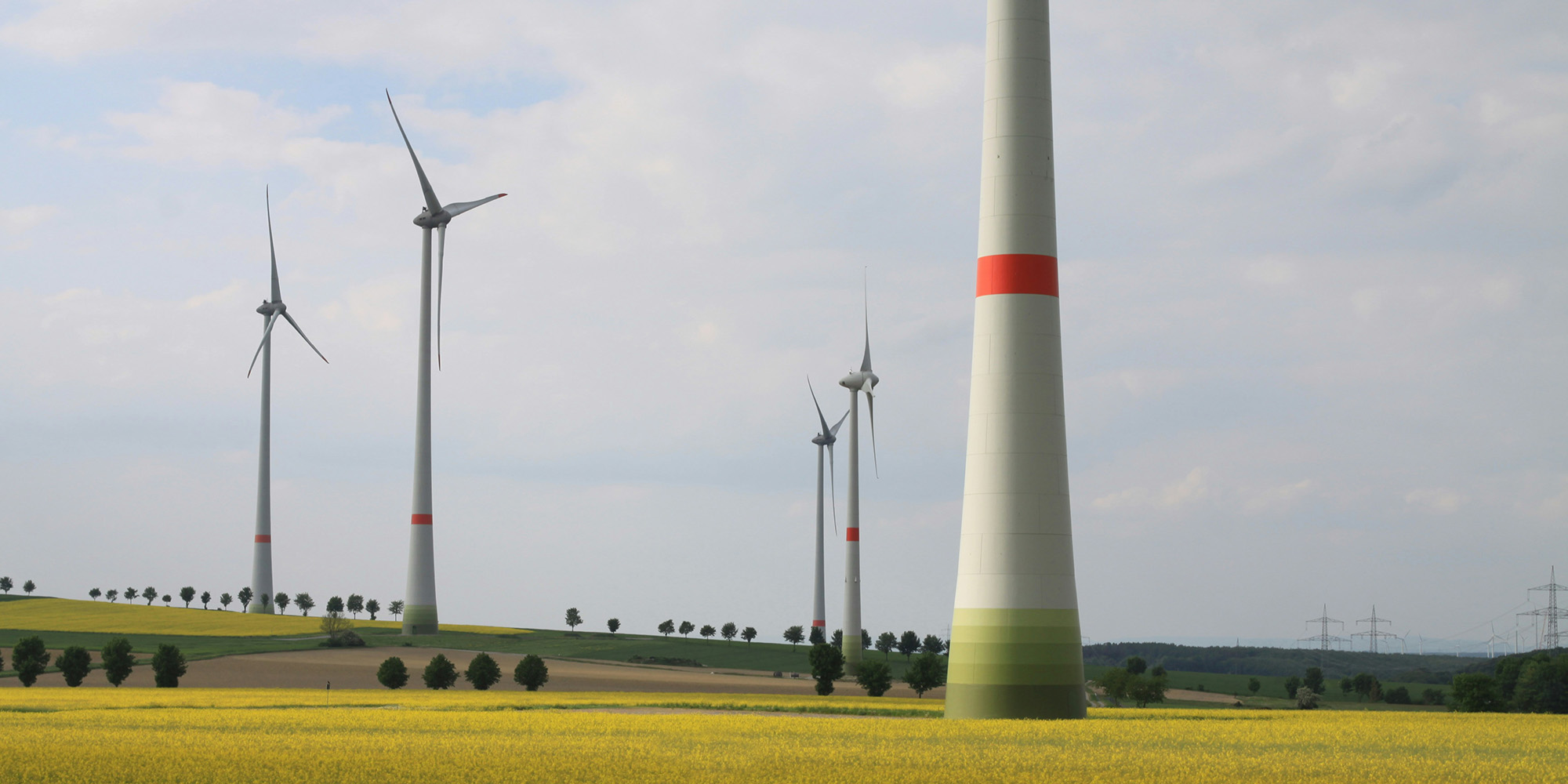Businesses’ energy needs are unique. The solutions must be equally specific. Take one of our recent customers, for example. A German company in the renewable energy sector needed a solution to reduce Scope 1 emissions. They wanted biogas that slashed their carbon footprint and brought additional environmental and social benefits.
They decided to buy biomethane labelled with EKOenergy, a non-profit mark of quality for renewable energy that enhances the environmental performance and multiplies the positive impact of biomethane purchases. But how exactly does it work?
How is biomethane made, and why does it matter?
Biomethane can be made from a variety of feedstocks, classified mainly into waste and crops. While waste is otherwise useless biomass – anything from sawdust to manure – crops are plants specifically grown to produce fuel.
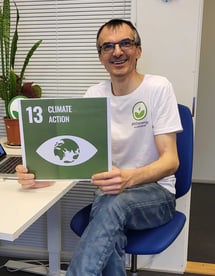 “The raw materials used to make biomethane are tricky,” explains Steven Vanholme, Programme Manager at EKOenergy. Although biomethane is always renewable, crops used as feedstock could have other environmental effects, such as land use change or displacing food crops.
“The raw materials used to make biomethane are tricky,” explains Steven Vanholme, Programme Manager at EKOenergy. Although biomethane is always renewable, crops used as feedstock could have other environmental effects, such as land use change or displacing food crops.
In the EU, the Sustainable Investment Taxonomy introduced voluntary benchmarks to ensure the sustainability of biomethane. However, it can be hard for consumers to know if any given volume of biomethane fulfils these and other environmental criteria. That’s where EKOenergy comes in.
“We only label biomethane that comes from waste, meaning residues that cannot be used for anything else.” Vanholme continues. Thus, EKOenergy ensures an element of circularity by turning discarded materials into a resource, upgrading the sustainability of biomethane. “We want to help consumers choose the most environmentally friendly option.”
What is the difference between biomethane and natural gas?
Natural gas, a fossil energy source, is still perceived as ‘cleaner’ than other hydrocarbons and is sometimes thought to be as good as biomethane for reducing emissions. That is not the case.
“The key difference between biomethane –produced from crops or waste– and fossil gas is that the carbon in all biomethane was already part of the natural carbon cycle,” Nils Holta, Net Zero Advisor at Ecohz, explains. “When you burn it, you are not ‘adding’ carbon to this cycle, as you do with fossil carbon, but emitting carbon that has been absorbed from the atmosphere by biomass.”
That distinction, however, may not be obvious. “Gas is a difficult sector because the fossil gas lobby has managed to sell it as a clean transition fuel, but it is not,” Vanholme continues. “Although the world is electrifying fast, it is true that, in some situations, a switch to biomethane can be a more feasible option, at least for now. Through our ecolabel for biomethane, we assure consumers that they are choosing the best for the environment.”
Turning renewable energy into social impact
EKOenergy promotes additional climate action in many ways. One of them is through the activities of EKOenergy’s Climate Fund. For every megawatt hour of EKOenergy sold, the Fund allocates 10 euro cents to finance renewable energy projects in low and middle-income countries. All funded projects focus on social and ecological benefits, like installing solar panels in fishing communities in Kenya or electrifying small-scale irrigation systems in Gambia.
Biomethane labelled with EKOenergy also contributes to this work. “It is great when companies switch to renewable energy in places like Europe. But many people in the world don't have this opportunity,” Vanholme says. “When you buy EKOenergy you also signal international solidarity.”
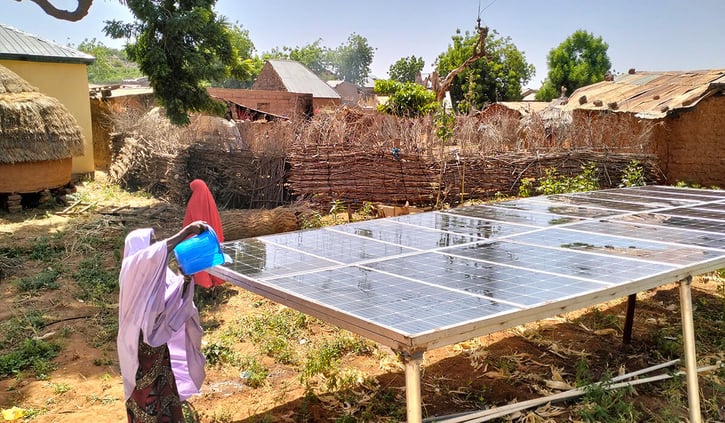
One of the projects that EKOenergy funded in 2023: a grant of 37,500€ to the the Nigerian NGO Centre for Renewable Energy and Action on Climate Change, to bring solar power to Bulbuli, a town in one of the poorest areas in Nigeria.. Photo: EKOenergy
EKOenergy organises annual calls for projects and involves experts from various fields to select the most impactful projects. All selected projects are run by independent non-profit organisations and contribute to multiple Sustainable Development Goals.
In 2023, EKOenergy granted a total of 1.2 million EUR to 21 projects in 15 countries. For example, EKOenergy awarded 35,000 EUR to the Cameroonian NGO Centre for Community Regeneration and Development (CCREAD – Cameroon). This enabled the organisation to install solar systems in 4 health centres serving over 40 rainforest communities living around the Bakossi National Park.
By supporting this type of project worldwide, the Climate Fund harnesses renewable energy purchases and turns them into climate finance for places rarely reached by mainstream investments. That mission is part of the essence of EKOenergy. “A growing number of renewable energy consumers want to make an additional positive impact, and EKOenergy enables them to do exactly that” Vanholme concludes.
How can Ecohz help?
Ecohz provides a range of biomethane certificates and is an EKOenergy-authorised seller. Our team ensures that all volumes fulfill the requirements of each company for location and vintage, too. Biomethane certificates, with or without the EKOenergy label, are available worldwide.
Our renewable gas experts can also provide dedicated guidance on integrating biomethane into broader sustainability strategies. Whether you need a specific product or personalised advisory, we can guide you every step of the way.
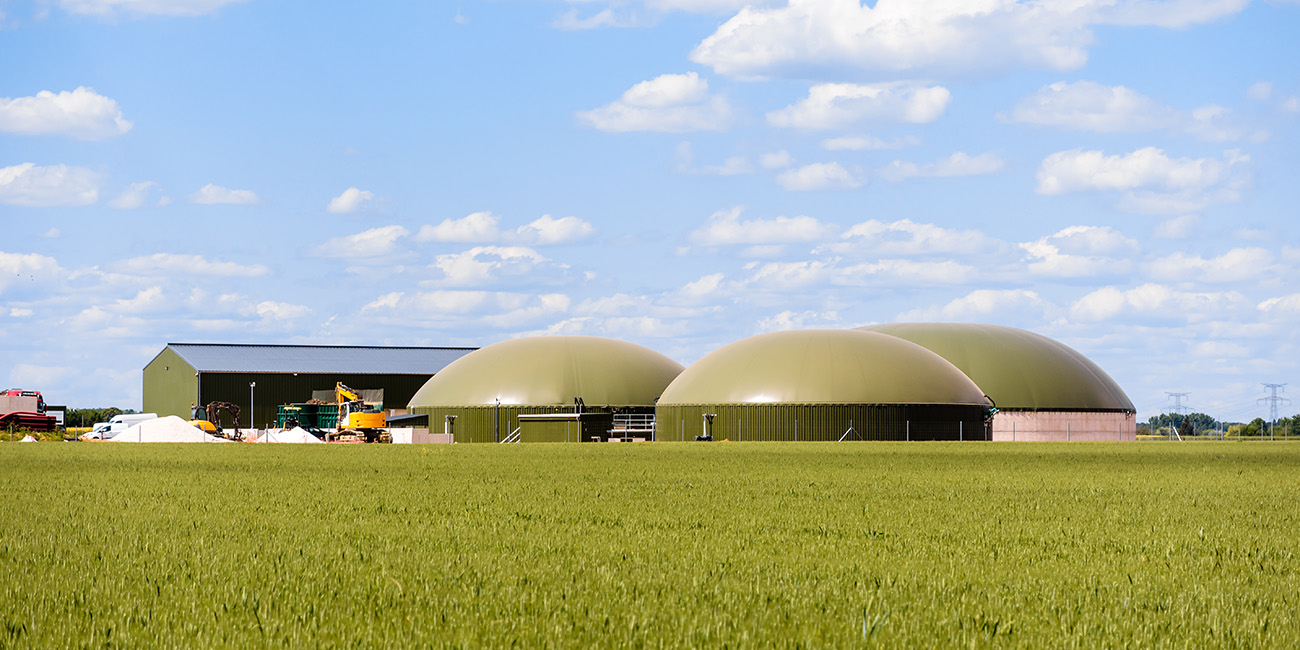


.png?width=3840&height=2560&name=Sun(1).png)

.png?width=3840&height=2560&name=Landscape_2(1).png)

